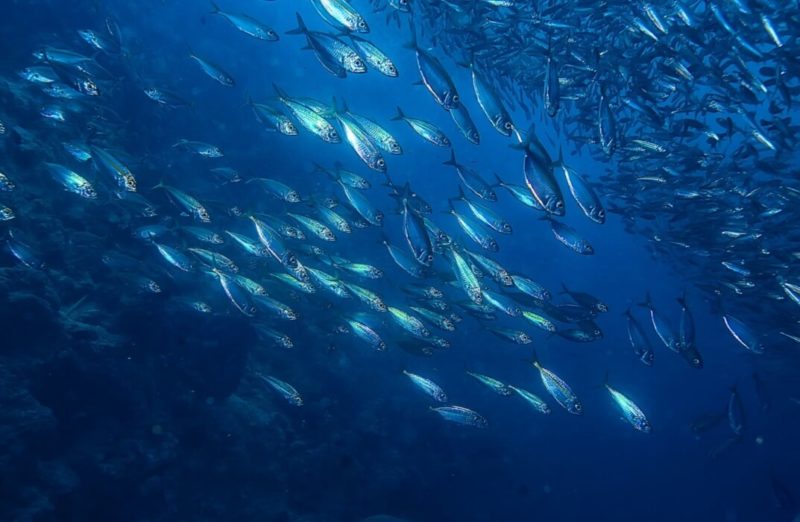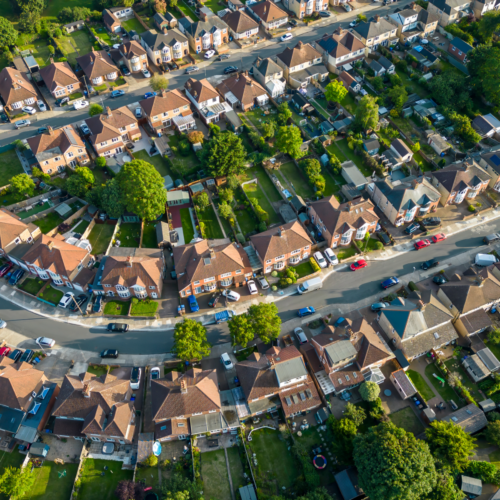Daniel Bastreri, Thomson Unicomarine’s senior marine consultant has spoken to Adjacent Oil and Gas magazine about how the benefits of leaving disused offshore installations in the North Sea should be re-examined in light of years of data and information from monitoring programmes for the offshore renewable energy projects in the UK and the EU.
Daniel explained that foundations of wind turbines, and oil and gas platforms, provide habitats for marine life as they introduce hard substrata to areas dominated by sand or mud. The structures will eventually be colonised by populations of benthic species, increasing diversity and biomass at the site. As well as this they also provide shelter, food and prey for fish and other mobile organisms and, “by increasing the input of organic matter (from detritus and faeces) to the adjacent sand or mud habitats, they can change the species composition of the surrounding benthic community”.
Daniel goes on to say, “Sea areas surrounding artificial structures such as oil platforms and wind turbine foundations are out of reach of commercial trawlers, thus providing refuge for marine life, becoming de facto marine conservation areas. Considering that the percentage of overexploited, depleted, and recovering fish stocks is increasing, and the number of underexploited and moderately exploited stocks is decreasing, the environmental gains (or services) of an alternative to full decommissioning must not be ignored.”
Daniel continues, “All potential impacts of decommissioning on the marine environment should be assessed, including exposure of organisms to contaminants, other biological impacts from physical effects, conflicts with the conservation of species and the protection of their habitats, fisheries, aquaculture, and interference with other legitimate uses of the sea. Currently, the Department of Energy and Climate Change requires that an environmental impact assessment is undertaken post-decommissioning, to describe impacts on the marine environment and inform management or mitigation measures4.”
Recent studies undertaken by Thomson Unicomarine have shown that benthic populations at the site of a decommissioned platform in the North Sea were not significantly different from those of similar non-impacted sites. It is, of course, widely accepted that the adverse impacts of trawl fishing are significant. Trawling disturbs and destroys sea floor habitats, affecting both the assemblages of species the habitat may support, and physico-chemical processes. Disturbance of the sea floor severely affects benthic and epibenthic communities, seabed habitats, fish populations and ecosystem structure and function.
Fishing activities represent the largest anthropogenic impact to the North Sea ecosystem, resulting in the removal, damage or disturbance of target and non-target species.
The questions is whether these baseline conditions are those that we want to maintain, or whether we should aim to restore conditions that are conducive to more diverse and productive ecosystems, as far as it is possible. Perhaps it is time to consider once more the potential benefits of leaving disused oil and gas structures in situ.
To read the article in full, click here










